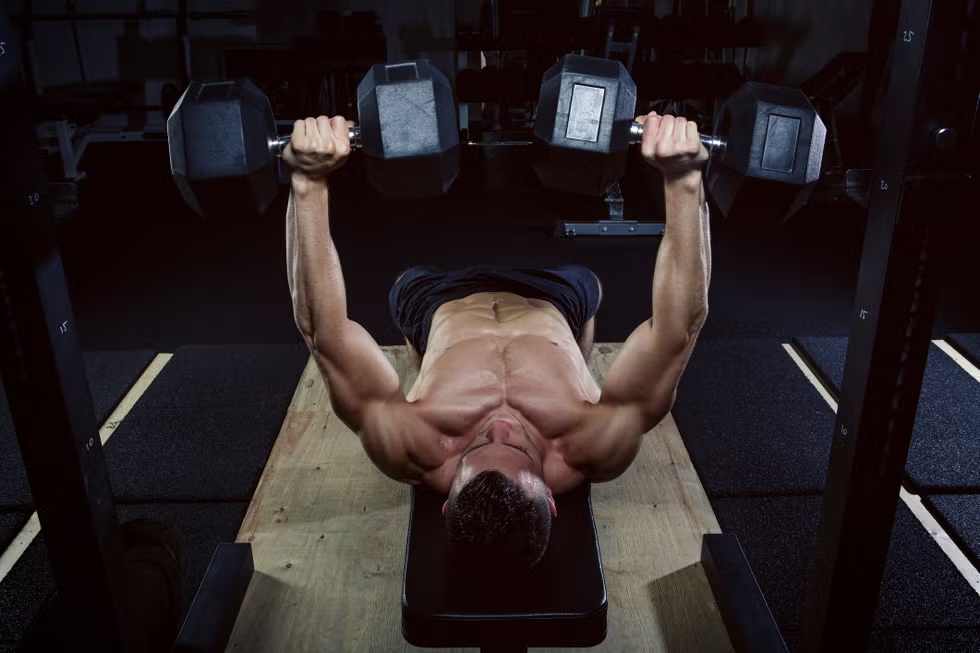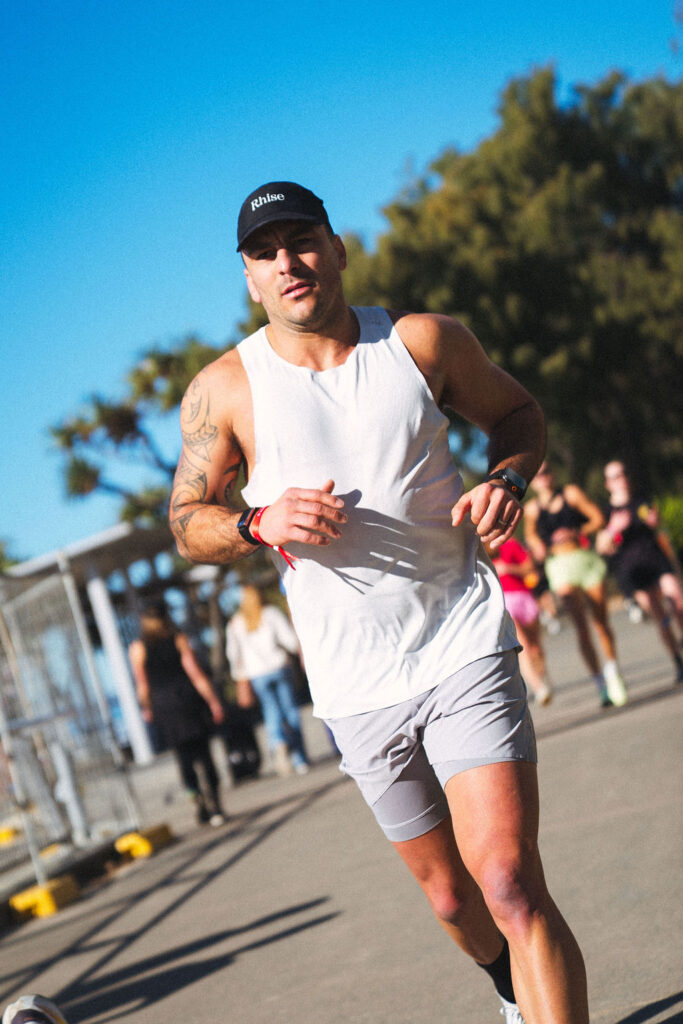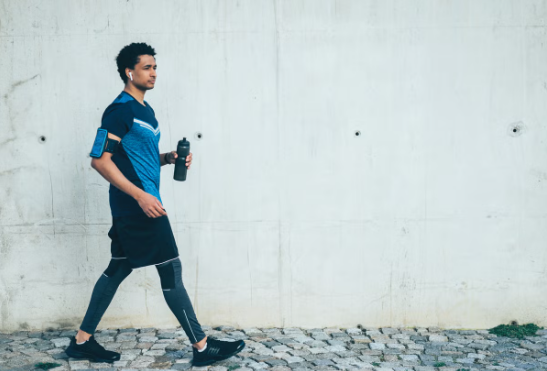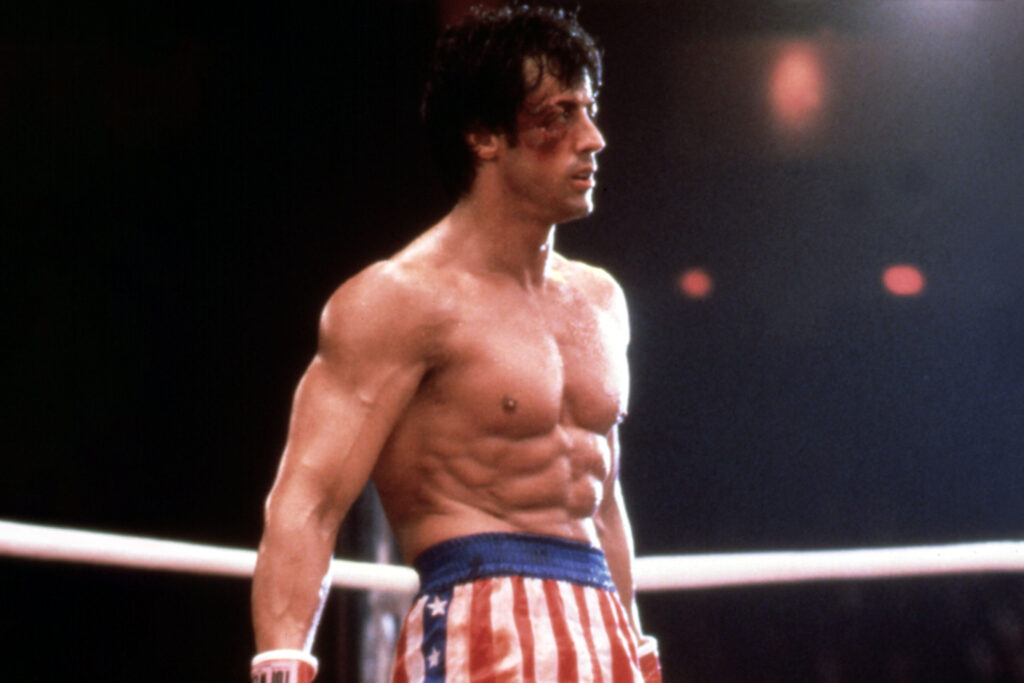LATE FINISHES ARE dominating conversation at the Australian Open. Last night Jannick Sinner and Andrey Rublev waited until nearly 11pm to play their quarter final.
Earlier in the tournament it took Daniil Medvedev until 3.40am to defeat Finland’s Emil Ruusuvuori. American Taylor Fritz, who lost a four-hour slog to Djokovic, also voiced his concerns about the late starts and resulting early morning finishes.
“I think it’s rough. I was talking about that to Medvedev … because he finished that one match so late. It just screws up your whole clock,” Fritz said. “I pray for those guys. Because if you have to turn around and play in the afternoon in any of the other days, it just completely messes up your sleep schedule.
“Yeah, I mean, it’s not easy to go out in the middle of the day in the heat and play three-out-of-five sets, especially when your body clock isn’t on it … I don’t think people really fully understand how much time we actually have to spend doing stuff after we finish playing as far as, like, ice bath, treatment with physios, massage; all this stuff. If you finish at 2am, there is no chance I’m going to sleep until 5 [or] 6am.”
It’s a brutal schedule for players but it raises the question of how exercising late at night impacts your athletic performance and affects your circadian rhythms. You may not be playing a five-setter that goes to 5am any time soon but we’re all prone to late nights—heck, De Minaur and Rublev kept me up just the other night! So how does exercising late at night and resulting sleep deprivation affect athletic performance?

Daniil Medvedev gets treatment during his 3.40 am marathon match I Getty Images.
How does lack of sleep affect your mental and physical health?
Adequate sleep is important for everyone but particularly crucial for athletes who have to reach a performance peak at a designated time and then have to recover before their next match. According to the Sleep Foundation, sleep gives your heart a chance to rest (my Apple Watch continually informs me that my pulse is dropping below 40bpm a couple of times each night), while also allowing cells and tissue to repair. During sleep your body produces cytokines, hormones that help the immune system fight off infections. Needless to say illness can affect your performance on the court, as well as the boardroom or cubicle.
How does lack of sleep affect athletic performance?
Of course, the main impact of exercising late at night is that your sleep schedule is altered, ruined in some cases. Without adequate sleep you are competing at a significant handicap. In a study of male team-sport athletes who were sleep-deprived, average and total sprint times decreased. Another study of tennis players found decreases in serving accuracy of up to 53 per cent when compared to performance after normal sleep—that’s a lot of double-faults. Other impairments include faster rates of exhaustion, slower reaction times, higher injury risk and increased risk of illness through reduced immunity.
Does lack of sleep affect athletes’ mental state?
Sleep plays a vital role in both retaining and consolidating memories. When athletes practise or learn new skills, sleep helps embed movements and consolidate neural pathways, leading to improved performance. Without sufficient shuteye, you struggle to learn new skills, such as extra mustard on looping top-spin forehands, for example.
Sleep is also essential for cognition, which hampers athletes in sports that require a lot of decision making and need to react to new, dynamic situations—suddenly being down two sets to nothing probably qualifies as such a situation.
Finally, sleep is integral to maintaining an athlete’s mental health, helping maintain mood, reducing irritability and lowering risk of depression and anxiety. Given athletes such as tennis players spend most of the year on the road, away from friends, family and support networks, sleep is vital in maintaining a positive outlook.
Do athletes need more sleep than the rest of us?
What do you think? They’re expending more energy—one study found that at Wimbledon in 2022 Novak Djokovic expended enough energy to keep a Tesla Model 3 running for 48 miles—and putting greater stress on their muscles. Research, has found athletes who suffer from sleep deprivation can benefit from naps the next day—hopefully Medvedev did this. Prior to tournaments athletes are also advised to extend their sleeping duration.
Interestingly, some athletes are more affected by early starts than late finishes. A study of judo athletes showed that sleep deprivation at the end of the sleeping session (say from a 4am alarm clock) decreased power and muscle strength the following day.
Some research also suggests athletes may benefit from getting more deep sleep and less rapid eye movement (REM). In a study of Norwegian chess players those who improved their chess ranking had less REM sleep, higher amounts of deep sleep, and lower breathing rates.
How do circadian rhythms affect athletic performance?
First, what is your circadian rhythm? Essentially, it’s your body clock, a 24-hour internal cycle responsible for regulating your physiology and central nervous system. Each of us has what sleep researchers call a circadian phenotype, with some of us seeing our circadian rhythm peak earlier in the day and others later in the evening, colloquially known as larks and owls respectively.
Researchers from the University of Birmingham found that athletic performance can vary over the course of a day depending on your circadian rhythm. In the study, larks performed best in performance tests conducted earlier in the day, followed by the intermediates, whereas late types peaked in the evening. The research showed early and intermediate types had a 7 per cent to 10 per cent variation in their physical performance whereas night owls’ performance varied by up to 26 per cent. The biggest factor in predicting performance was the amount of time that had elapsed since the athletes natural waking time.
Of course, athletes are well versed in the science of sleep and calibrate their sleep schedule to ensure they’re at their best when they need to be, regardless of their natural phenotype. For tennis players, who generally play in the afternoon or evening in Grand Slam tournaments, that may mean manipulating light exposure and activity times to wake later in the day.
But regardless of how finely tuned an athlete’s sleep schedule normally is, a 4am finish, as Fritz so astutely observed, will “totally screw up your whole clock”.
How to ace your sleep for optimum athletic performance
Even if you’re just a weekend warrior, these tips from the Sleep Foundation can give you an advantage on the court.
>Avoid overtraining. Keep a consistent training schedule so as not to overexert yourself.
>Avoid training and competitions too early or too late. These can affect sleep quantity and quality, especially if your athletic schedule is inconsistent.
>Keep naps brief, if you take them at all. Naps should be no more than an hour and not taken after 3 pm.
>Reduce stressors. Not only do mental stressors affect sleep quality, but they also impact performance overall.
Related:















